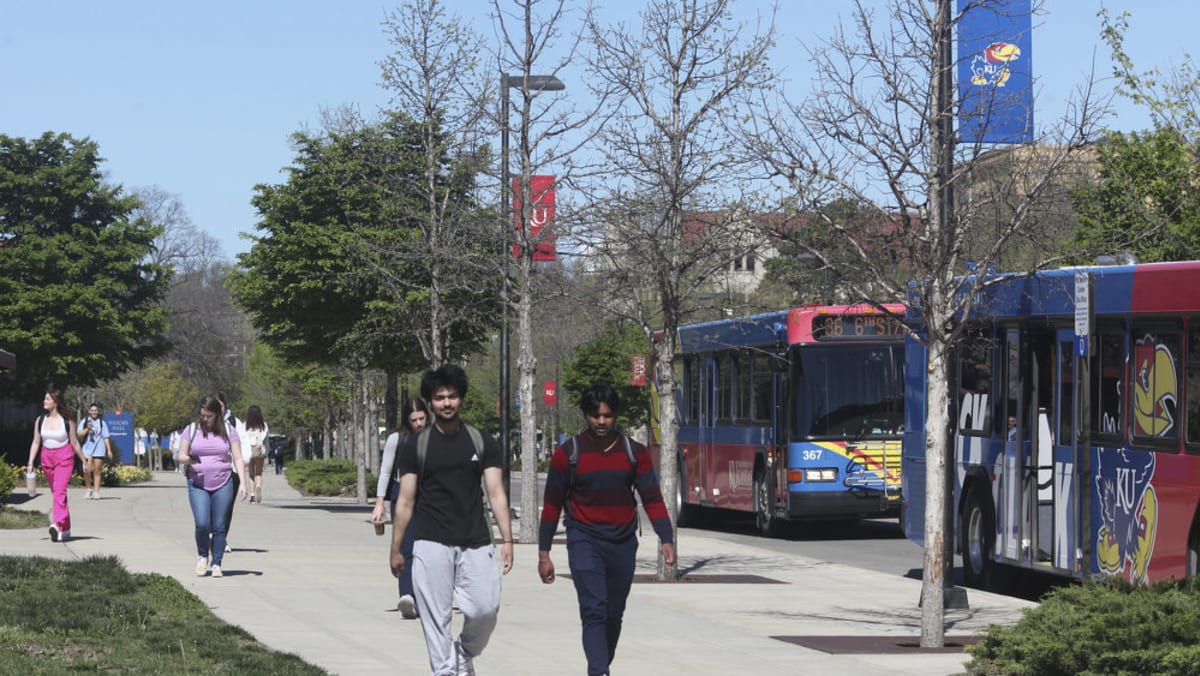WHAT SHOULD STUDENTS DO?
The US was likely looking for posts or comments that were critical of the country’s policies and of President Trump in particular, as well as those that support causes the US is against such as the diversity, equity and inclusion or DEI programmes that have come under attack, said Dr Tracy Loh, senior lecturer of communication management at the Singapore Management University (SMU).
She recommended avoiding posting or commenting on such issues or deleting such posts, noting that “safe” content would be those which was personal in nature, such as birthday celebrations and family gatherings.
“Immigration officers will most likely randomly scroll through social media accounts to check. I doubt that they would have the time or expertise to recover deleted posts or to investigate the accounts in great detail,” said Dr Loh, who teaches at the Lee Kong Chian School of Business.
But if the US government does check thoroughly, it would be unlikely for anyone to hide their digital footprint entirely, said associate professor Brian Lee Chin Hin from the School of Humanities and Behavioural Sciences at the Singapore University of Social Sciences (SUSS).
There may be screenshots or reposts by others and the US authorities may have already captured the posts that they deem questionable, said the head of the university’s communication programme, adding that there are tools to check archived versions of posts.
Last-minute mass deletion may also look like an attempt to hide dubious past activities.
“One strategy is to focus on deleting the most sensitive content rather than trying to erase all posts, or making an account private all of a sudden,” Assoc Prof Lee said.
He added that in his opinion, back-up mechanisms by various social media platforms and web archives would make it “unlikely” to wipe off all the posts entirely from the internet.
Both experts also cautioned against having undisclosed accounts.
“If you hide, lie or have fake accounts and get found out, such actions will most probably be held against you,” said SMU’s Dr Loh.
Those who do not have any form of social media presence may be required to justify why, and creating a new account or profile last minute would look too “staged”, said Assoc Prof Lee.
Students who come under this group could thus also be “negatively” affected besides those who actively post their views that may be deemed problematic to the US authorities.
On the implications of the vetting process, Dr Loh said this creates a “chilling effect” and constitutes censorship.
SUSS’ Assoc Prof Lee, meanwhile, called the situation “unfortunate”.
“Such practice can lead to bias and discrimination. And some countries may start to adopt such online surveillance,” he said.
